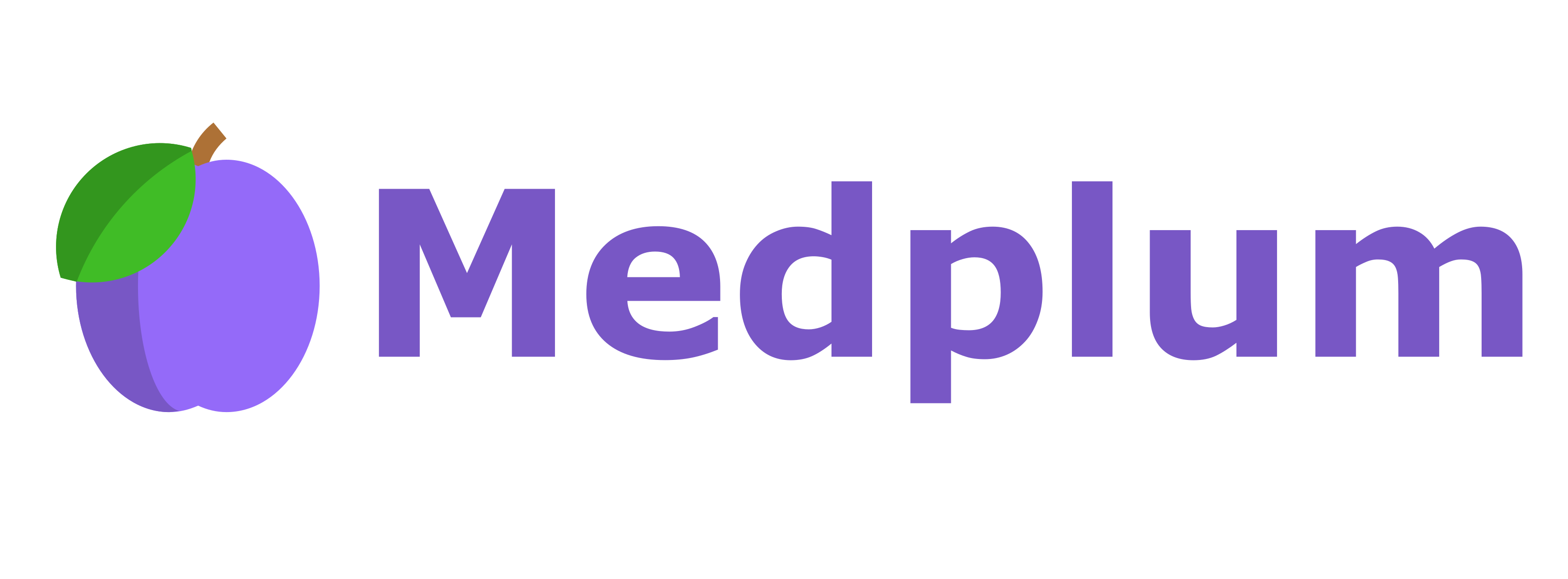Database Support
- pg:
The pg package is tailored for PostgreSQL, offering features that leverage PostgreSQL's advanced capabilities, such as JSONB support and custom data types, making it a powerful choice for PostgreSQL applications.
- sequelize:
Sequelize is a versatile ORM that supports multiple SQL databases including MySQL, PostgreSQL, SQLite, and MSSQL. This flexibility allows developers to switch databases with minimal changes to their codebase.
- sqlite3:
The sqlite3 package is dedicated to SQLite databases, providing a simple and efficient way to interact with SQLite files directly, making it suitable for lightweight applications.
- mysql:
The mysql package is specifically designed for MySQL databases, providing a direct interface for executing SQL queries and managing connections. It does not support other database systems.
Abstraction Level
- pg:
The pg package also operates at a low level, enabling direct SQL query execution while providing some higher-level features like connection pooling. It is less abstracted than an ORM, giving developers flexibility in query design.
- sequelize:
Sequelize abstracts database interactions through models and associations, allowing developers to work with JavaScript objects instead of raw SQL. This abstraction simplifies data manipulation but may introduce some performance overhead.
- sqlite3:
The sqlite3 package offers a straightforward API for executing SQL commands, focusing on simplicity and ease of use without additional abstraction layers.
- mysql:
The mysql package provides a low-level interface, allowing developers to write raw SQL queries directly. This offers maximum control but requires a good understanding of SQL syntax.
Performance
- pg:
The pg package is designed for performance with features like connection pooling and streaming, which help manage multiple database connections efficiently, especially under heavy load.
- sequelize:
Sequelize may introduce some performance overhead due to its abstraction layer, but it provides optimizations like eager loading and lazy loading to mitigate this impact.
- sqlite3:
The sqlite3 package is lightweight and performs well for small to medium-sized applications, but may not be suitable for high-concurrency scenarios due to its file-based nature.
- mysql:
The mysql package is optimized for performance with direct SQL execution, making it suitable for high-performance applications that require minimal latency.
Learning Curve
- pg:
The pg package is straightforward for those with SQL knowledge, but understanding PostgreSQL's unique features may require additional learning.
- sequelize:
Sequelize has a steeper learning curve due to its ORM concepts and abstraction, but it simplifies complex database interactions once mastered.
- sqlite3:
The sqlite3 package is easy to learn and use, making it a good choice for beginners or for quick prototyping without complex setups.
- mysql:
The mysql package has a relatively low learning curve for developers familiar with SQL, as it requires writing raw queries and managing connections directly.
Use Cases
- pg:
The pg package is suitable for applications that need to leverage PostgreSQL's advanced features, such as analytics platforms or applications requiring complex queries and data types.
- sequelize:
Sequelize is perfect for applications that benefit from an ORM, such as those with complex data relationships or requiring migrations, making it suitable for large-scale applications.
- sqlite3:
The sqlite3 package is best for lightweight applications, prototypes, or mobile apps where a full database server is unnecessary, providing a simple and efficient solution.
- mysql:
The mysql package is ideal for applications that require direct interaction with MySQL databases, such as web applications or data processing scripts that rely on MySQL's performance.



